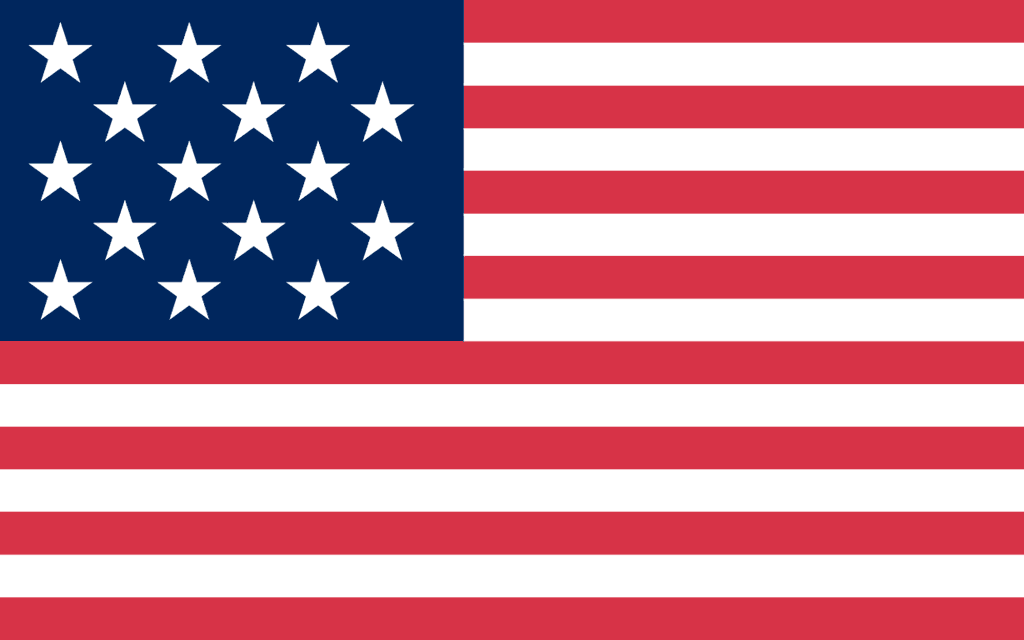US in search of comprehensive plan to restore confidence
 Washington - The US government was weighing its options for a more permanent fix to the ongoing credit crisis on Thursday as regulators and authorities cracked down on stock-selling techniques that have helped fuel a sell-off on Wall Street.
Washington - The US government was weighing its options for a more permanent fix to the ongoing credit crisis on Thursday as regulators and authorities cracked down on stock-selling techniques that have helped fuel a sell-off on Wall Street.
President George W Bush defended the "extraordinary measures" already taken by the government to shore up a wealth of shaky financial firms and sought to reassure investors fearful that more bank failures could be on the horizon.
Speaking after an emergency White House meeting with his economic advisors, Bush promised the government would continue taking necessary actions "to strengthen and stabilize our financial markets and improve investor confidence."
Democratic Senator Charles Schumer, who chairs Congress' Joint Economic Committee, said he had held talks with government officials about setting up a new government agency that could help pump liquidity back into the financial system.
The agency would also take on the bad loans of struggling banking firms, allowing the Federal Reserve to focus on its core competence - monetary policy.
"The Federal Reserve and the Treasury are realizing that we need a more comprehensive solution," Schumer said.
US and British regulators also announced new crackdowns on so- called short-selling, a stock trading technique that critics argue has helped fuel a furious sell-off of financial stocks on Wall Street this week. The Securities and Exchange Commission on Wednesday banned the most extreme practices related to short-selling.
New York Attorney General Andrew Cuomo on Thursday launched an investigation into whether some investors were operating illegally. Short-selling itself is legal, but not if linked with spreading rumours that can help an investor's cause.
Wall Street investors have been at the centre of a dramatic up- and-down week in New York. Major stock indices surged Thursday by more than 4 per cent each - about the same amount they fell on Wednesday.
The drama signals a crisis of confidence on Wall Street since Monday - the product of bank failures, government bailouts and fears of more bankruptcies on the horizon.
Morgan Stanley, which as of this week is one of only two remaining independent US investment banks, was in talks Thursday with Wachovia Corp about a possible takeover, US media reported. The Chinese state investment fund was also reportedly in talks with the investment bank.
Washington Mutual, the largest US savings and loan bank, was also reportedly shopping for a potential buyer.
Bush cited the wealth of government action taken over the past weeks in an effort to keep the financial crisis from spilling into the wider US economy, as a key gauge of economic performance dropped 0.5 per cent in August.
The New York-based Conference Board's index fell for the third time in the last four months amid an economic downturn in the world's largest economy. The indicator did not take account of the financial turmoil of the past week.
In its latest bid to calm investor fears, the Federal Reserve early Thursday injected nearly 250 billion dollars into the financial system through joint action with five other central banks around the world.
The Fed nearly quadrupled the amount of dollars other central banks can auction off, in order to "address the continued elevated pressures in US dollar short-term funding markets."
Separately, the Fed added another 50 billion dollars in reserves to the US banking system through its existing loan facilities. Inter- bank lending had seized up on Wednesday as struggling banks began hoarding cash.
On Tuesday night, the government took the unprecedented move of granting an 85-billion-dollar loan and effectively taking control of insurance giant American International Group Inc (AIG).
Less than two weeks ago, the government took control of government- chartered mortgage giants Fannie Mae and Freddie Mac and pledged 200 billion dollars to keep them afloat. Earlier this year, the Federal Reserve bankrolled JP Morgan Chase's 29-billion-dollar purchase of troubled investment bank Bear Stearns.
"These actions are necessary and they're important, and the markets are adjusting to them," Bush said Thursday in a brief statement, but added that investors clearly still had a long road ahead.
"Our financial markets continue to deal with serious challenges," he said. "As our recent actions demonstrate, my administration is focused on meeting these challenges."
White House spokeswoman Dana Perino on Wednesday said the interventions were being considered on a case-by-case basis. The government refused to bailout Lehman Brothers Holdings Inc, which on Monday filed the largest bankruptcy in US history. (dpa)